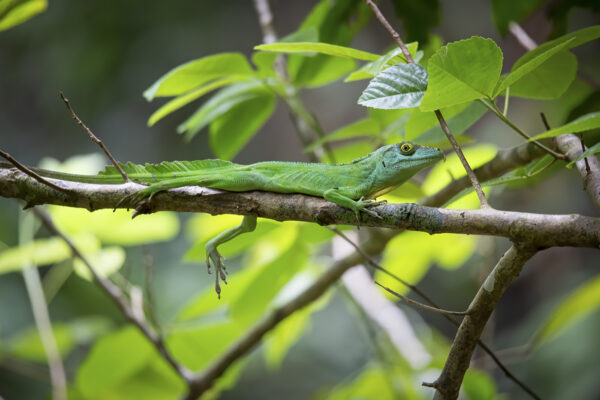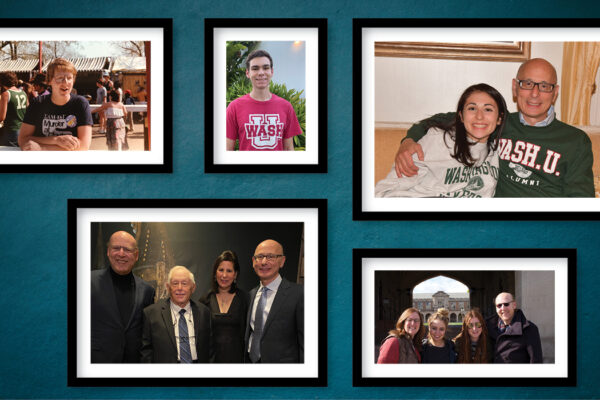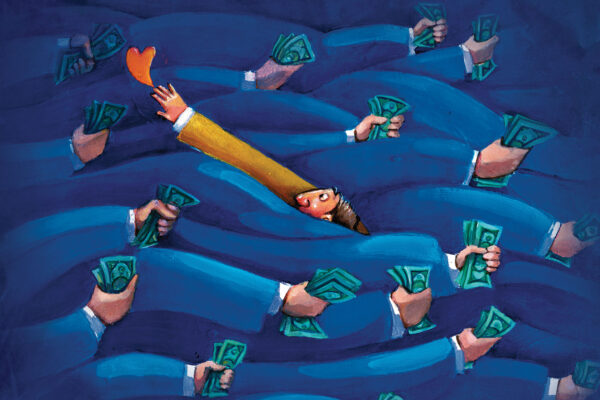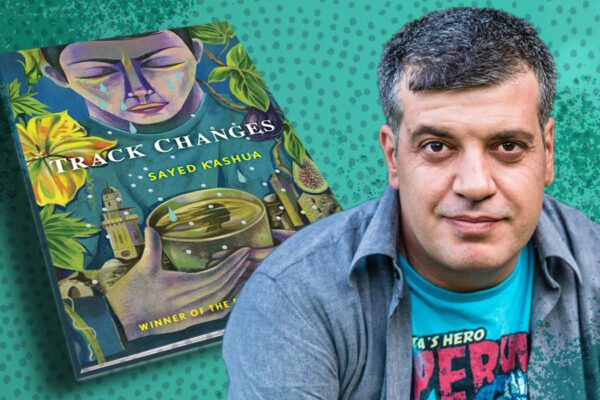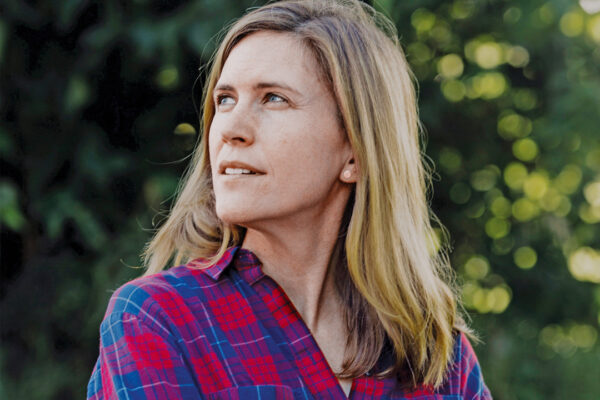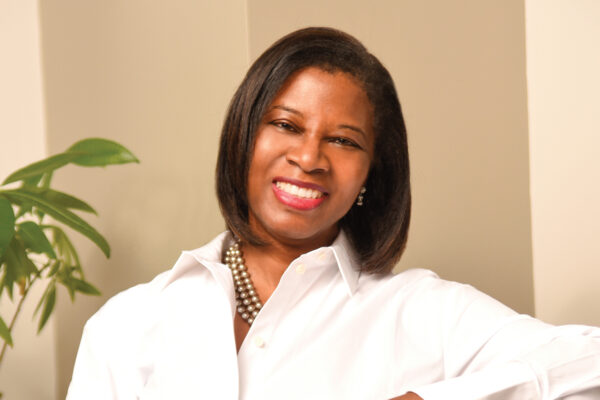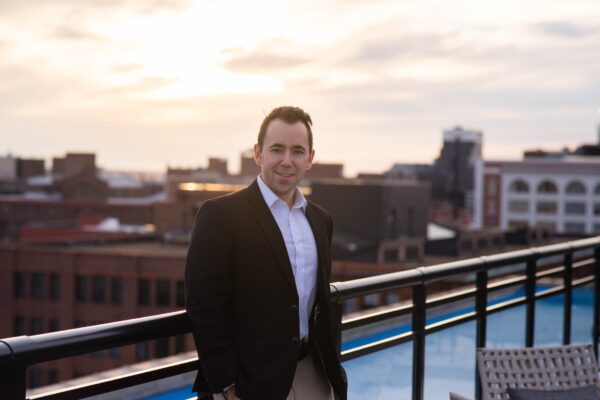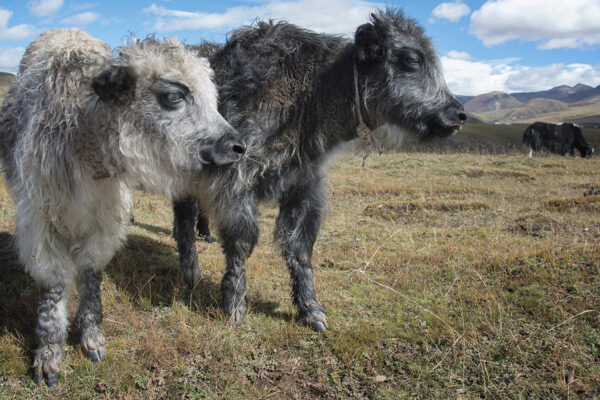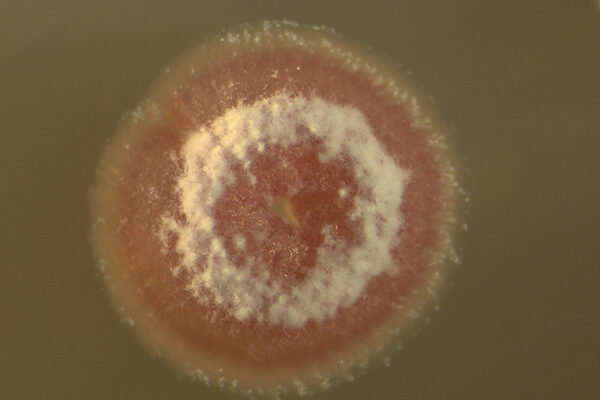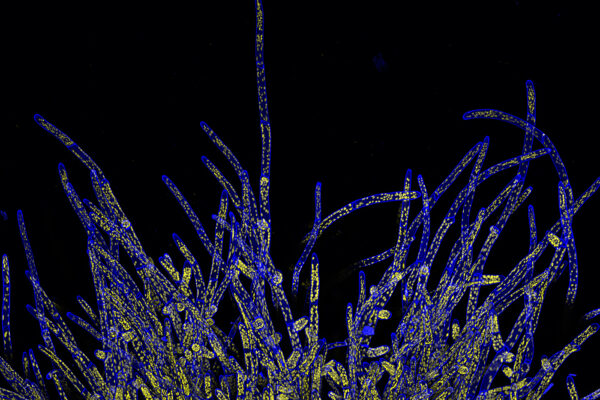Sticky toes unlock life in the trees
Biologists at Washington University in St. Louis examined data from 2,600 lizard species worldwide and discovered that while hundreds of different types of lizards have independently evolved arboreal lifestyles, species that possessed sticky toepads prevailed.
WashU runs in the family
For the Glazers, family reunions look more like WashU Reunions.
A novel way to learn business
In the course “Morality and Markets,” students gain new perspectives on real-life business situations through fiction.
An unfinished ending
After a sudden move to the Midwest, author Sayed Kashua brings his series of novels that explored Arab-Israeli identity to an end.
Searching for life in the cosmos
Planetary scientist Sarah Stewart Johnson, AB ’01, wants to find the limits of life and broaden our world.
The business of giving
Brenda Asare has raised billions for nonprofits by taking
a for-profit approach.
Surviving a Syrian prison
Sam Goodwin traveled to all 193 United Nations sovereign countries from 2010 to 2019, but when he was detained at a Syrian checkpoint and put in prison, he had to dig deep within himself to keep going.
’Til the cows come home
New research led by archaeologists at Washington University in St. Louis shows that meat and dairy played a more significant role in human diets in Bronze Age China than previously thought. The analysis also suggests that farmers and herders tended to sheep and goats differently than they did their cows.
When stubborn bugs refuse to make drugs
Research published in the Proceedings of the National Academy of Sciences by biologist Joshua Blodgett in Arts & Sciences highlights comparative metabologenomics as a powerful approach to expose the features that differentiate strong antibiotic producers from weaker ones.
Depth of perception
Minuscule tunnels through the cell membrane help cells to perceive and respond to mechanical forces, such as pressure or touch. A new study led by biologists in Arts & Sciences directly investigates what PIEZO channels are doing in the tip-growing cells in moss and pollen tubes of flowering plants, and how.
View More Stories
